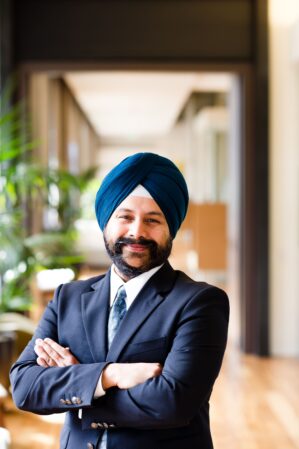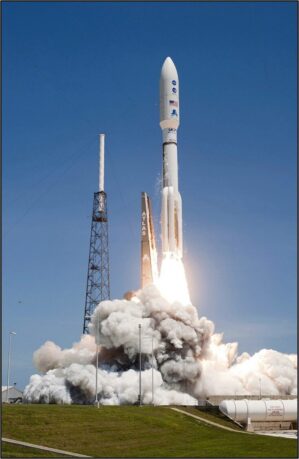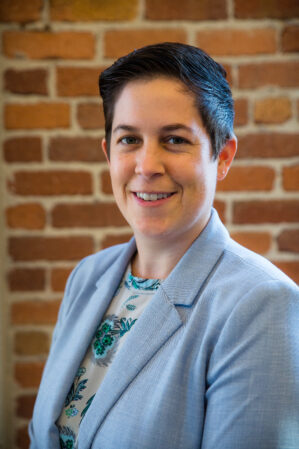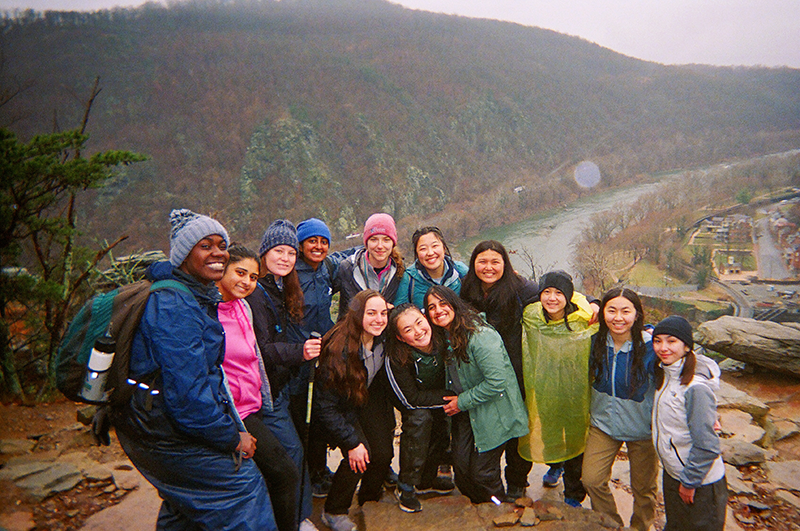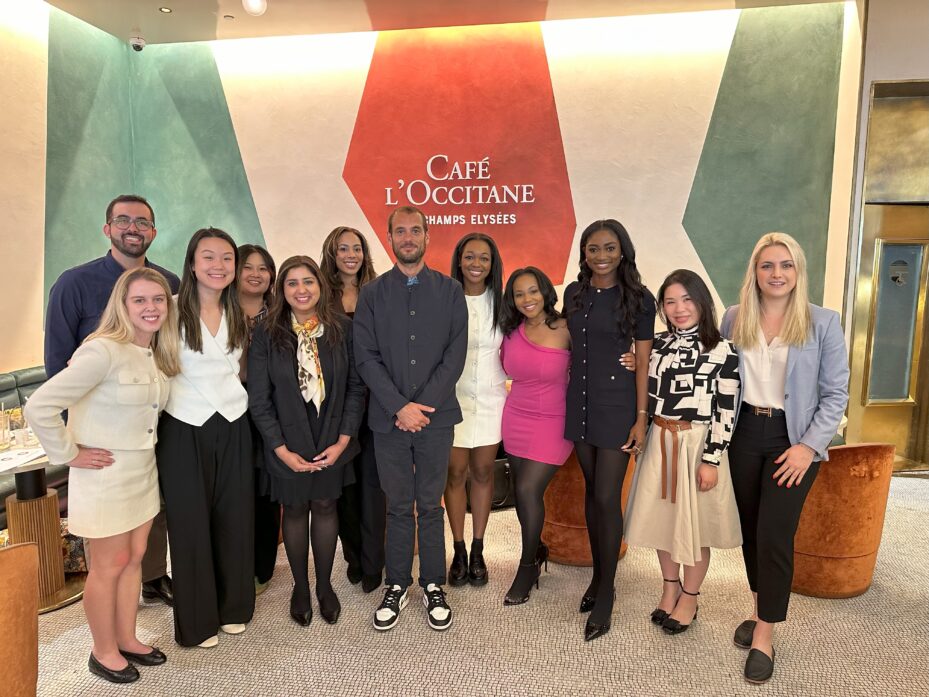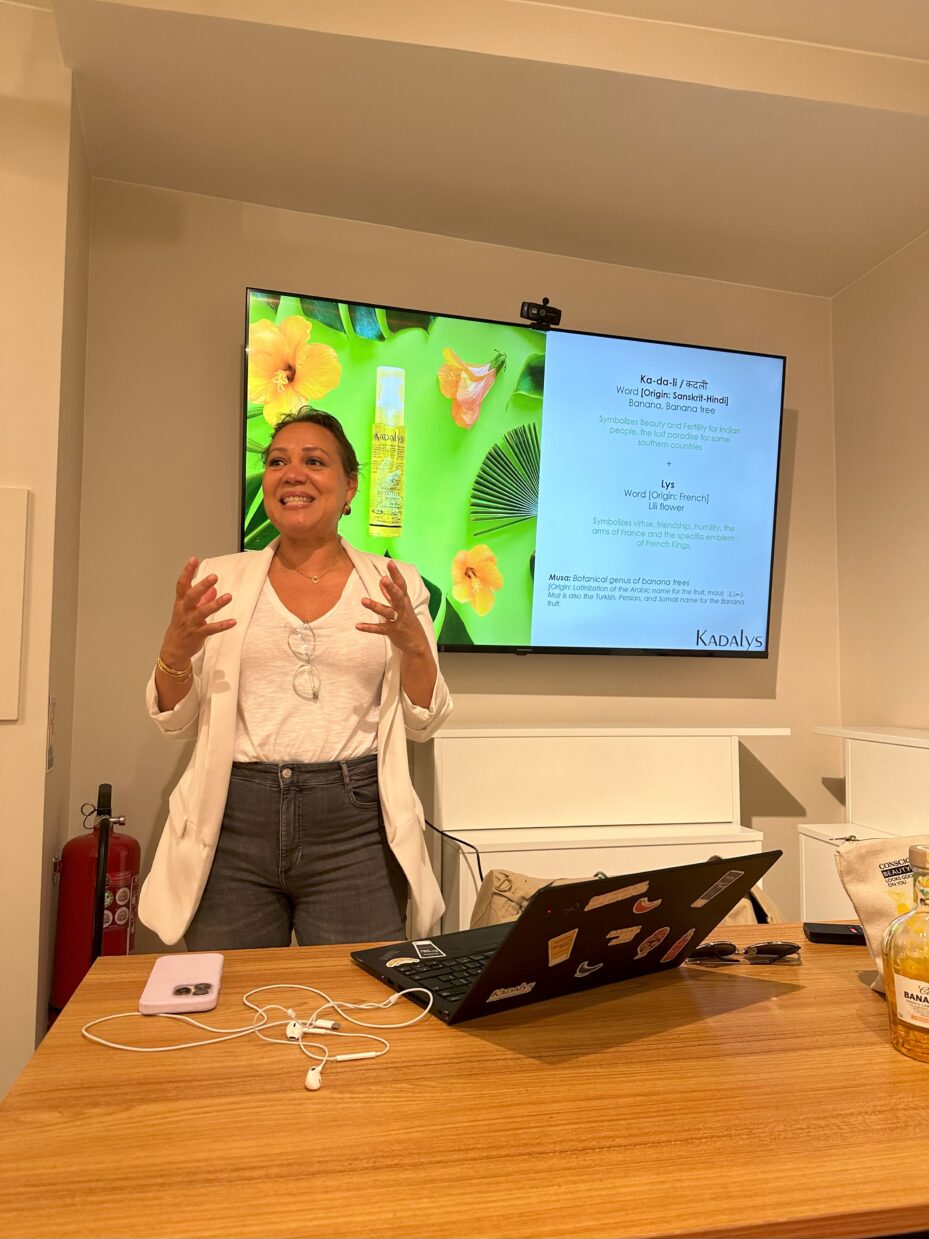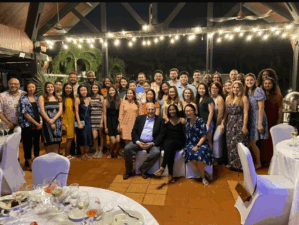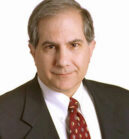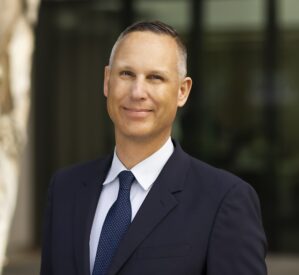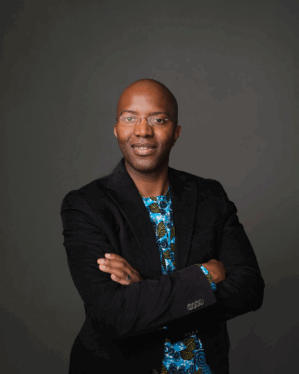When Guljot Grover, WG’16, came to Wharton’s MBA Program for Executives, he was already 16 years into a successful tech career. Based in Scottsdale at the time, Guljot rose through the ranks at IBM, starting as a software engineer and moving into leadership positions in his post-IBM career. But he was ready for more.
“I had a high-level familiarity with functions like marketing and sales,” Guljot recalls. “But I wanted a deeper and more effective understanding of how those parts of the business operated.”
That curiosity — and a desire to push himself beyond his comfort zone — led him to Wharton.
Guljot’s search for an executive MBA was deliberate. He researched rankings and program formats, but Wharton stood out for one simple reason: “This is a real MBA, not MBA-lite,” he says. “The faculty, the curriculum, and the alumni network are world-class.”
A Strategic Career Change
Before Wharton, Guljot’s professional expertise was firmly rooted in technology. But Wharton opened new doors and he has pivoted to business roles since graduation.
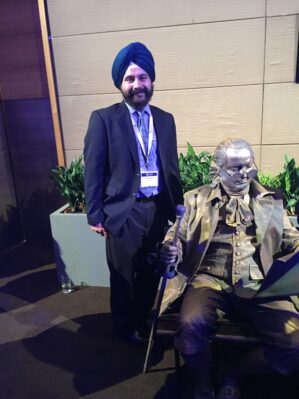
Specifically, he transitioned first into strategy and later into business operations roles. Today, he serves in a key leadership position at Varian Medical Systems (now part of Siemens Healthineers), heading its Business Operations and Program Management organization for North and Latin America, working closely with customer-facing teams of the Americas region.
“Wharton gave me the toolkit and confidence to make the pivot,” Guljot explains. “If I had tried to do it on my own, it would have been harder and taken longer.”
Guljot credits Wharton for giving him more than technical knowledge.
“My favorite part of the curriculum ended up being classes that focused on soft skills,” says Guljot. “One class focused entirely on public speaking. That first session — standing in front of a room full of mid-career and senior professionals — was unsettling. But, by the end, it felt natural. That experience was transformative.”
The biggest benefit, notes Guljot, is the network of relationships he developed in the program.
“I learned about both of my post-Wharton roles from Wharton connections,” he says. “These are people who not only offer mentorship and introductions, but reach out to say, ‘Hey, you’d be great for this position.’ That’s powerful.”
Advice for Prospective Students
For professionals interested in elevating their personal brand, Guljot says Wharton is more than a credential — it’s a catalyst.

“Wharton helps everyone, whether you’re looking to move up, broaden your scope, or completely change direction,” he says. “It’s a springboard.”
He encourages prospective students not to underestimate the power of the Wharton network both during the program and after graduation. “Even when things are going well, having a network of people in every industry around the world who will answer your call or reply to your email is invaluable.”
Guljot remains actively involved with the Wharton community, supporting Career Week, speaking on EMBA panels, and participating in alumni interviews for the Penn Alumni Ambassador Program.
“It’s about paying it forward,” he says. “Wharton helped me make a major career shift. I’m always happy to help others navigate that journey, too.”
By Meghan Laska
Posted: October 1, 2025





